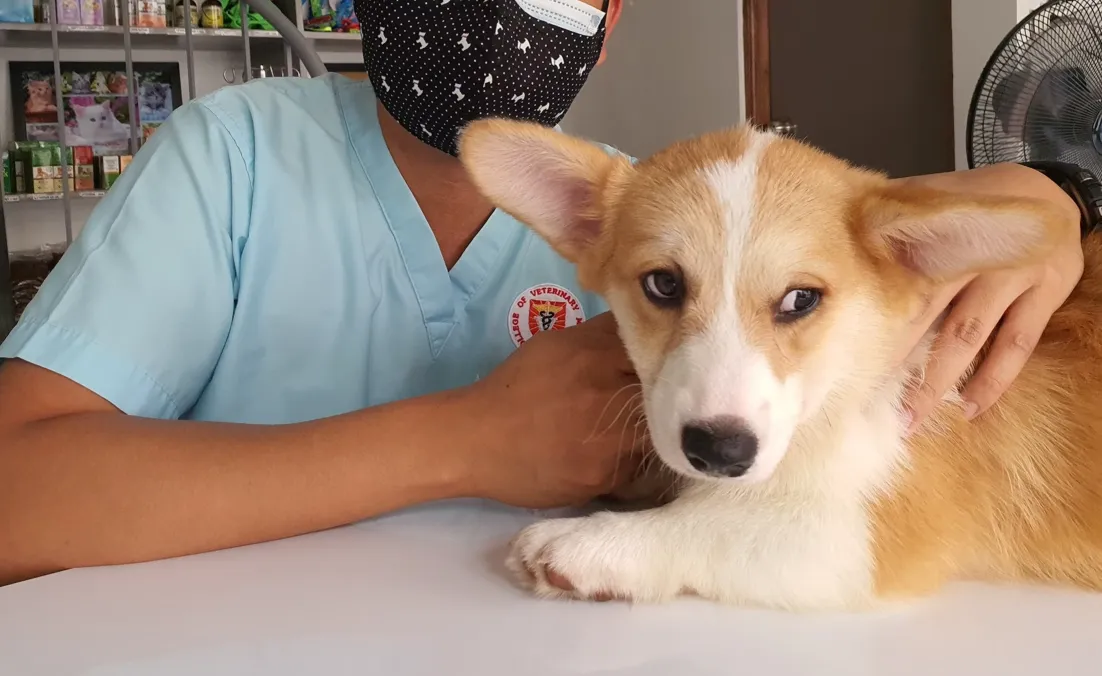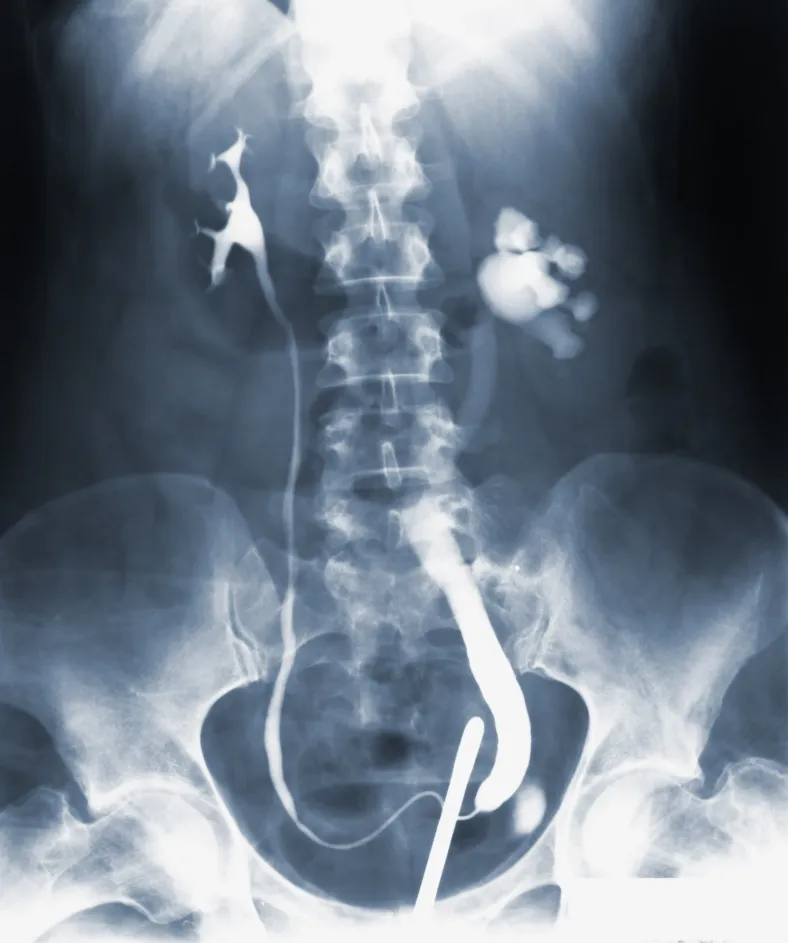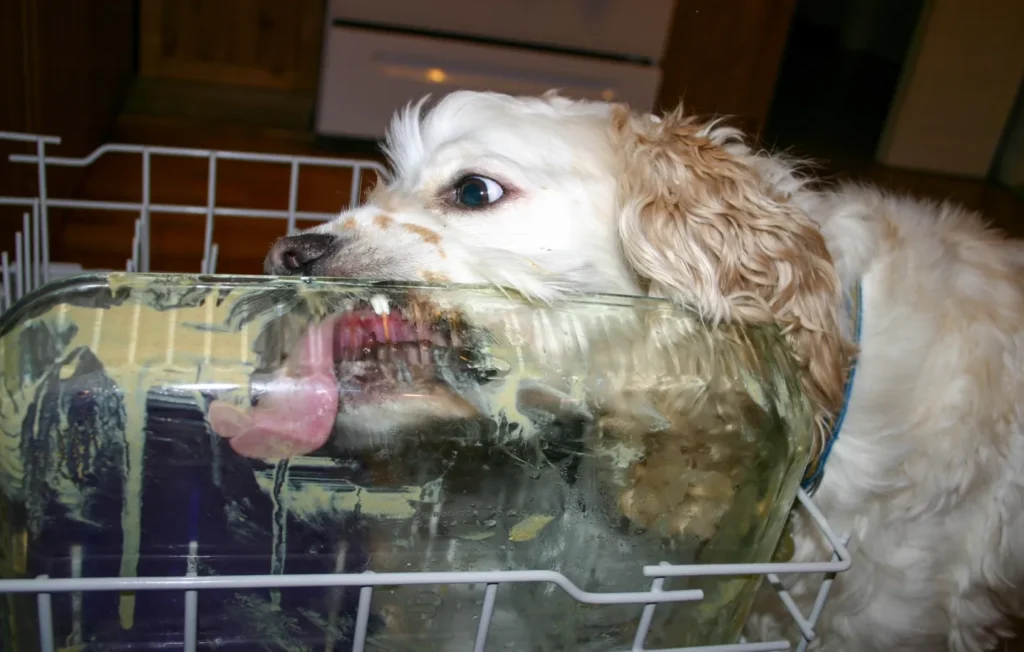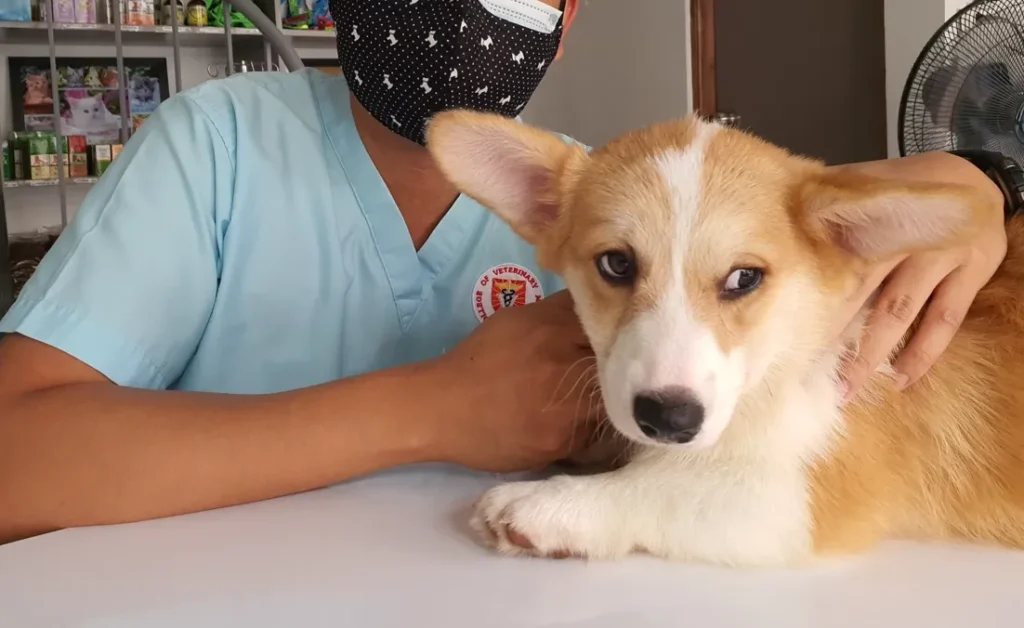Why My Dog Has Diarrhea But is Acting Fine
Dog diarrhea is a common issue. This guide covers its causes, treatments, and how probiotics can help restore your pet’s health.

Table of Contents
Introduction of Dog diarrhea
Dog diarrhea is one of the most common gastrointestinal issues affecting our canine companions. As a professional pet health expert, our mission is to provide you with the most reliable, up-to-date information to help manage and prevent gastrointestinal distress in dogs. In this article, we will explore the reasons behind dog diarrhea, examine the role of an upset stomach, and offer detailed solutions—including the beneficial impact of dog probiotics—to help restore your pet’s health.
Understanding Dog Diarrhea and Upset Stomach

Dog diarrhea is not merely an inconvenience; it can be a sign of underlying health issues that may require immediate attention. Diarrhea in dogs is characterized by the frequent passage of loose, watery stool, and it often accompanies an upset stomach. The severity can range from a mild, transient episode to a more serious condition that affects hydration, nutrient absorption, and overall health.
An upset stomach, medically referred to as gastrointestinal (GI) distress, can be caused by various factors such as dietary changes, infections, or stress. When your dog experiences diarrhea, it indicates that the delicate balance of the GI tract has been disrupted. Recognizing the symptoms and understanding the causes are crucial steps in managing and preventing further complications.
Common Causes of Dog Diarrhea
Understanding the root cause of dog diarrhea is essential for proper treatment. Below, we detail several common causes:
Dietary Indiscretion
Dogs are naturally curious and may ingest food items or substances that are not part of their regular diet. This dietary indiscretion can lead to a sudden upset stomach and diarrhea. Examples include:
- Eating table scraps: Fatty, spicy, or toxic foods can disturb a dog’s digestive system.
- Accessing garbage: Dogs may consume spoiled food or non-food items from trash, triggering an adverse reaction.
- Sudden diet change: Abruptly changing your dog’s diet without proper transition can disrupt the balance of gut flora.
Infections
Infections caused by bacteria, viruses, or parasites can lead to diarrhea. Some common infections include:
- Bacterial infections: Salmonella, E. coli, and Campylobacter are often implicated in canine gastrointestinal infections.
- Viral infections: Canine parvovirus and coronavirus are notorious for causing severe diarrhea in dogs, especially in puppies.
- Parasitic infestations: Worms, giardia, and coccidia can upset your dog’s stomach, resulting in diarrhea.
Food Intolerances and Allergies
Food allergies or intolerances are another significant cause of GI upset in dogs. Certain ingredients or additives can cause an immune-mediated response, leading to chronic diarrhea or intermittent flare-ups. Common culprits include:
- Dairy products: Lactose intolerance is common in many dogs.
- Gluten or corn: Some dogs may have sensitivities to these ingredients, resulting in digestive issues.
- Artificial additives: Preservatives, colorants, and flavorings can also provoke reactions in sensitive dogs.
Stress and Anxiety
Just like humans, dogs can experience stress-related gastrointestinal problems. Changes in the environment, travel, or even separation anxiety can disrupt the normal functioning of the GI system. Stress-induced diarrhea is often transient but should not be ignored if it becomes a recurring problem.

Other Medical Conditions
Certain underlying health issues may manifest as diarrhea, including:
- Inflammatory Bowel Disease (IBD): A chronic condition causing inflammation of the digestive tract.
- Pancreatitis: Inflammation of the pancreas, often linked to a high-fat diet, can lead to severe GI upset.
- Liver or kidney disease: These systemic illnesses can indirectly affect digestion and lead to diarrhea.
- Medication side effects: Some drugs may irritate the GI tract as a side effect.
What Should I Do When My Dog Has Diarrhea But is Acting Fine
Addressing dog diarrhea involves a multi-faceted approach that includes dietary adjustments, hydration support, and sometimes, medical intervention. Below are some effective strategies:
What to Feed a Dog With Diarrhea
Fasting and Bland Diet:
In cases of mild diarrhea, your veterinarian might recommend a brief fasting period to allow the GI tract to settle. After fasting, reintroduce food gradually with a bland diet. A typical bland diet includes:
- Boiled chicken: Skinless and boneless chicken provides easily digestible protein.
- White rice: A gentle source of carbohydrates that helps firm up stools.
- Pumpkin: Plain canned pumpkin (not pie filling) is high in fiber and aids digestion.

These foods are less likely to irritate your dog’s digestive system and can help restore normal bowel function.
Gradual Diet Transition:
If you need to change your dog’s diet, do so gradually over a period of 7–10 days. Mix a small amount of the new food with the old food, gradually increasing the proportion of new food.
Hydration and Fluid Therapy
Importance of Hydration:
Diarrhea can quickly lead to dehydration, particularly in puppies or older dogs. Ensure your dog has constant access to fresh water. In more severe cases, veterinarians may recommend:
- Oral rehydration solutions: Specially formulated solutions that provide electrolytes.
- Intravenous fluids: In cases of severe dehydration or if the dog is not drinking, fluid therapy administered by a veterinarian can be crucial.
Use of Dog Probiotics
Role of Probiotics:
Dog probiotics play a vital role in restoring and maintaining the balance of beneficial bacteria in your pet’s gut. Probiotics can help:
- Reduce inflammation: They promote the production of anti-inflammatory compounds.
- Improve digestion: By enhancing the microbial environment, probiotics facilitate better nutrient absorption.
- Prevent future episodes: Regular use of probiotics can build resilience against infections and dietary indiscretions.

Choosing the Right Probiotic:
When selecting a probiotic, consider:
- Strain diversity: Look for products containing multiple strains such as Lactobacillus, Bifidobacterium, and Enterococcus.
- CFU count: A higher Colony Forming Unit (CFU) count indicates a more potent product. Many experts recommend products with at least 1 billion CFUs per serving.
- Veterinary recommendation: Always consult with your veterinarian to choose a probiotic that’s specifically formulated for dogs.
Medications and Veterinary Intervention
If dietary changes and probiotics do not resolve the diarrhea or if your dog shows signs of severe illness (lethargy, vomiting, blood in stool), seek veterinary care immediately. Treatments might include:
- Antibiotics: For bacterial infections, your veterinarian may prescribe a course of antibiotics.
- Anti-diarrheal medications: Medications like metronidazole can be effective in controlling severe diarrhea, though they should only be used under veterinary supervision.
- Medications for underlying conditions: If an underlying condition such as IBD or pancreatitis is diagnosed, specialized treatments may be necessary.
Preventative Measures and Ongoing Care
Preventing future episodes of dog diarrhea involves proactive management and regular veterinary check-ups. Here are some preventative strategies:
Routine Diet and Feeding Practices
- Consistent Diet: Avoid frequent changes in your dog’s diet. Once you find a well-tolerated, balanced diet, stick with it.
- Quality Ingredients: Choose high-quality pet food with minimal artificial additives. Look for brands that use whole-food ingredients and avoid fillers.
- Portion Control: Overeating can contribute to digestive issues. Follow your veterinarian’s recommendations on portion sizes and feeding schedules.
Stress Management
- Routine and Environment: Dogs thrive on routine. Keeping a consistent schedule for feeding, exercise, and rest can reduce stress.
- Mental Stimulation: Provide ample mental and physical stimulation through regular walks, interactive toys, and playtime.
- Safe Spaces: Create a calm, comfortable space where your dog can retreat during stressful times, such as during fireworks or thunderstorms.
Regular Veterinary Check-ups
- Early Detection: Regular check-ups can help detect and treat gastrointestinal or other systemic conditions before they become serious.
- Vaccinations and Preventative Care: Ensure that your pet is up-to-date on vaccinations and deworming schedules to reduce the risk of infections that could cause diarrhea.
- Tailored Advice: Your veterinarian can provide personalized advice on diet, supplements like probiotics, and preventive measures based on your dog’s health history.
Conclusion
Dog diarrhea is a common yet multifaceted health issue that requires a well-rounded approach to treatment and prevention. By understanding the potential causes—ranging from dietary indiscretion to stress and underlying medical conditions—you can take proactive measures to ensure your dog’s gastrointestinal health remains optimal.
Our expert guide has detailed several effective solutions:
- The critical role of hydration and fluid therapy,
- Dietary modifications such as fasting, followed by a bland diet,
- The benefits of dog probiotics in restoring gut flora,
- And the importance of veterinary intervention when necessary.

Additionally, preventative measures like consistent feeding practices, stress management, and regular veterinary check-ups are essential in maintaining long-term digestive health. Our goal is to empower you with the knowledge needed to act swiftly and confidently, ensuring your pet receives the professional care it deserves.
Remember, while this article provides valuable insights, every dog is unique. If your pet shows signs of severe or persistent diarrhea, always consult your veterinarian for personalized advice and treatment.
By adopting these strategies and staying informed about the latest research, you can help prevent gastrointestinal distress and support your dog’s overall well-being. As professional pet care experts, we are here to guide you every step of the way in ensuring your furry friend enjoys a healthy, happy life.
References:
- Smith, J., et al. (2020). “Efficacy of Probiotics in Canine Gastrointestinal Health.” Journal of Veterinary Internal Medicine.
- Merck Veterinary Manual. www.merckvetmanual.com
- American Veterinary Medical Association. www.avma.org
By following the recommendations in this article and staying proactive with your pet’s care, you can manage and prevent dog diarrhea effectively.
Holiday Sale
Up to 60% off
Get your favorite gift box

Latest Articles
Check out our latest articles here
-
Is a Black Cat Christmas Ornament Right for My Cat?

Celebrate your feline friend with a black cat christmas ornament. Find unique styles and select the perfect piece for your holiday tree.
